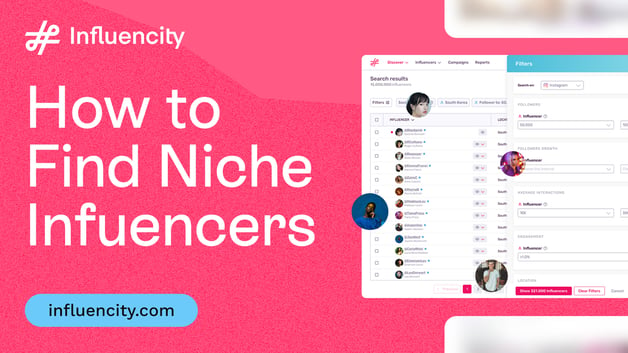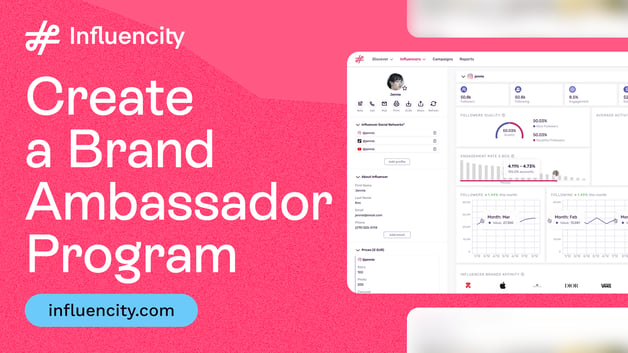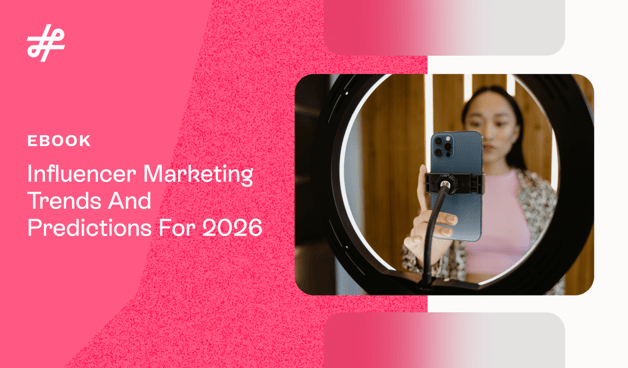Social Engagement: The Importance of This Influencer Marketing KPI
Measuring the success of an influencer marketing campaign can sometimes be challenging. While metrics such as reach and engagement are commonly used, social engagement is an often-overlooked metric that can provide valuable insights into the impact of your campaigns.
In today’s article, we’ll explore the importance of social engagement as a key performance indicator in influencer marketing. We’ll explain what it is, why this metric is so important, and how you can measure and improve your social engagement rate.
What Is Social Engagement?
Social engagement refers to the level of interaction on an influencer's social media campaign. It includes actions such as likes, shares, comments, and direct messages posted by followers in response to an influencer's content.
Although this sounds similar to the standard engagement metric and the terms are often used interchangeably, there is a subtle difference. Standard engagement measures the interactions between an influencer and their audience on a specific post, whereas social engagement also takes into account indirect interactions including messages between followers and brand mentions. In other words, social engagement is a broader metric that provides a more comprehensive view of the overall engagement that is generated by an influencer's post.
Social engagement is an important metric for measuring the success of your influencer marketing strategy, as it shows how active and interested your target audience is. It also reflects the level of trust and loyalty that an audience feels towards an influencer. High levels of social engagement indicate that the influencer has a strong relationship with their audience and that their content resonates with them. This, in turn, can translate into better brand awareness, increased customer loyalty, and ultimately, higher sales for businesses.
Why Is Social Engagement So Important?
Let’s take a look at the benefits of nurturing this influencer marketing KPI in a bit more detail.
A high level of social engagement:
- Builds brand awareness: Social engagement helps to increase brand awareness by creating a strong online presence. Engaging with followers on social media platforms creates a sense of community, which can lead to higher brand recognition.
- Boosts customer trust and loyalty: Engaging with customers through social media builds a sense of trust and loyalty. Responding to their comments and questions shows that you value their input and are committed to providing excellent customer service.
- Drives traffic: Social engagement can drive traffic to your website, provided you include links in your posts and encourage followers to click through to your site. This can help to increase your website's visibility and SEO ranking and ultimately lead to increased sales.
- Enhances your reputation: Social engagement is essential for reputation management. Responding promptly and professionally to negative comments or reviews can help to mitigate any damage to your brand's reputation.
- Gives you a competitive edge: In today's digital age, social engagement is crucial for gaining a competitive advantage. Brands that are active and engaging on social media are more likely to stand out from their competitors and attract new customers.
How Do You Measure Social Engagement?
You can of course track social engagement manually. You simply need to monitor an influencer's campaign posts for likes, comments, shares, brand mentions, and direct messages. You can use a spreadsheet or document to record these engagement metrics and compare them over time.
However, automated influencer tracking is a much more accurate and streamlined way of monitoring social engagement. This is because the right solution can save you time and resources, provide real-time data, and offer more in-depth insights into an influencer's audience, content, and performance.
For example, influencer management platforms like Influencity include tools that automatically measure and analyze social engagement across different social media channels. These tools provide insights into how an audience interacts with the influencer's content, allowing brands to monitor the effectiveness of their campaigns.
Moreover, these platforms often also include sentiment analysis features that you can use to measure an audience's emotional response to content, helping you better understand how your brand is being perceived. By measuring social engagement in this way, it’s much easier to identify high-performing content and influencers so that you can optimize your influencer marketing strategy and improve overall brand awareness and engagement.
Tips To Help You Increase Social Engagement
Now that you understand what social engagement is, why it’s so important, and how you measure it, let’s take a look at a few tips to help you increase your social engagement rate:
- Work with influencers who have a genuine connection with their audience and whose values align with your brand.
- Post high-quality content that is likely to resonate with your target audience.
- Use visuals such as images, videos, and infographics in your influencer posts to capture the attention of your followers.
- Make sure your influencer is posting at the right time. You can determine this by analyzing follower activity patterns to see when they are most active on social media.
- Respond to comments and questions and focus on engaging with your followers at every opportunity in order to build a strong relationship with them.
- Ask your influencer to host a giveaway or contest to generate buzz around your brand and encourage their followers to create user-generated content.
- Use relevant hashtags to increase your reach and encourage your audience to use them when sharing your content.
Above all, make sure you regularly track your social engagement rate and adjust your content strategy so that it elicits the best possible response from your target audience.
Tags:






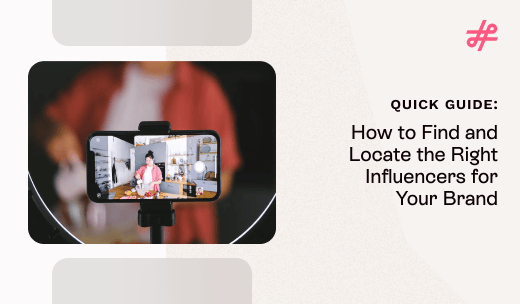


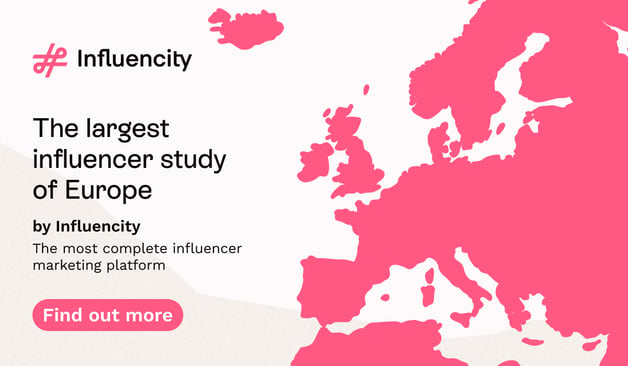









%20and%20How%20Can%20They%20Benefit%20Your%20Brand%20article.jpg?length=628&name=What%20Are%20Key%20Opinion%20Leaders%20(KOL)%20and%20How%20Can%20They%20Benefit%20Your%20Brand%20article.jpg)
